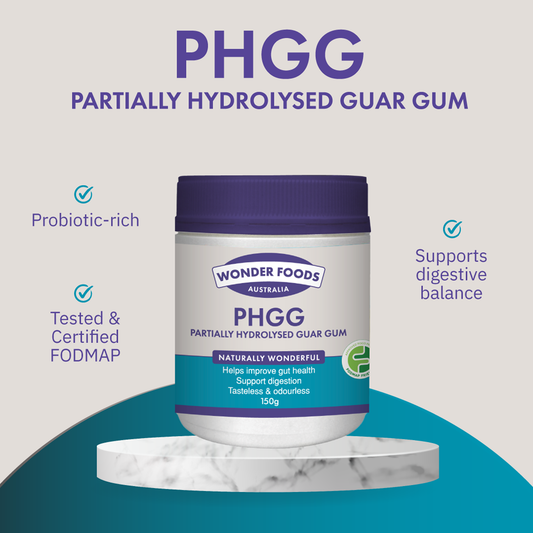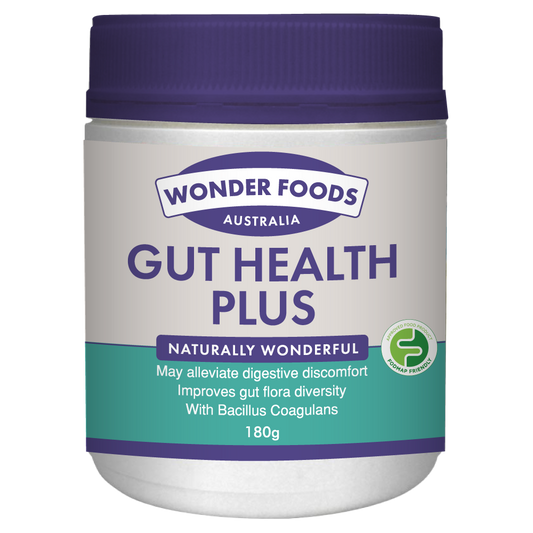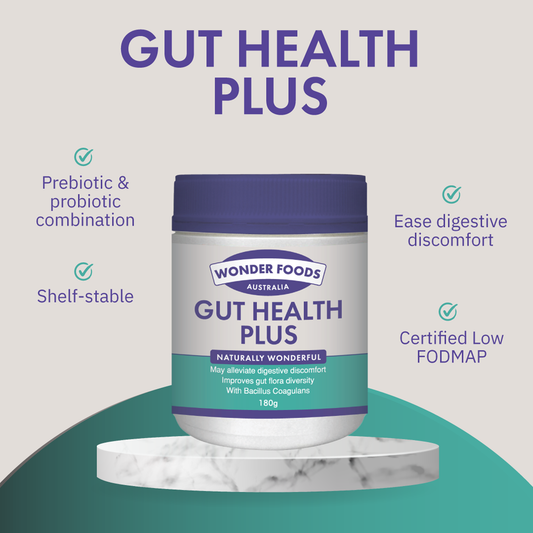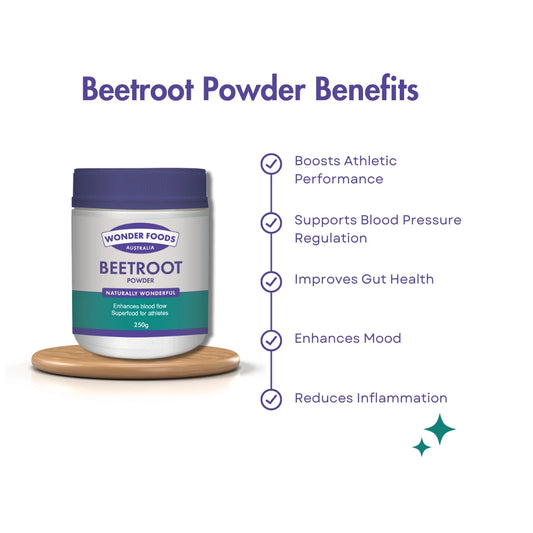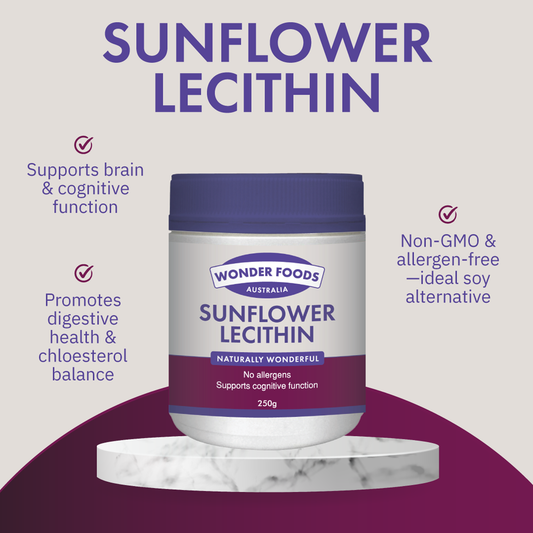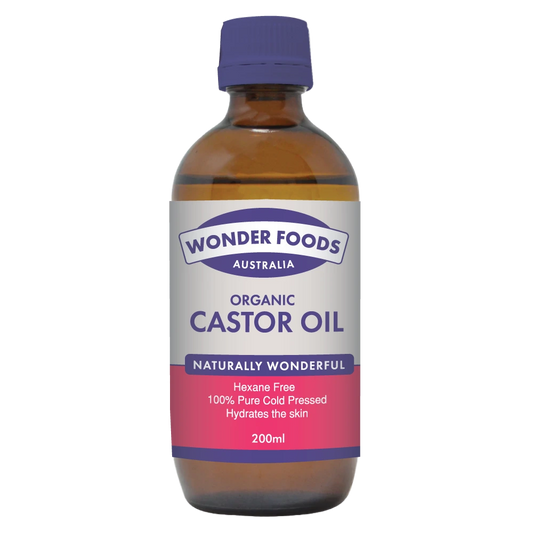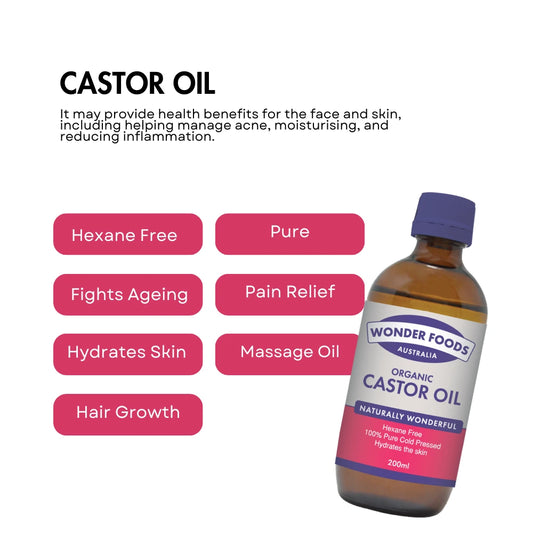
Gut Health & Skin Disorders?
Are you struggling with skin conditions like rosacea, eczema or psoriasis?
Here’s something your dermatologist might not be telling you.
Conditions like eczema, psoriasis and rosacea are chronic inflammatory responses triggered by an overactive immune system.
While psoriasis is classified as an autoimmune disorder, all three conditions are tied to inflammation-and for many, that inflammation originates in the gut.
There’s a strong connection between gut health and skin health.
The gut influences the skin through its impact on metabolism, nutrient absorption (such as vitamins A, D, and E), and immune regulation, all of which play a role in managing inflammation.
Most doctors treat these skin conditions by targeting the symptoms, using topical treatments, alpha-blockers or immune suppressants.
These treatments can be costly and come with serious side effects.
Unfortunately, many Health Practitioners overlook the root causes of inflammation, such as gut or thyroid dysfunction, focusing only on the symptoms.
Treating only the symptoms is like trying to stop the smoke without addressing the fire causing it in the first place.
When you dig deeper, many of these skin conditions are linked to other health problems, particularly gut issues.
Here’s a closer look:
Gut Health & Skin Health: Rosacea
Rosacea is often associated with gastrointestinal diseases, metabolic disorders, depression and cognitive disruptions.
Many people with rosacea also experience gut issues, such as dysbiosis (imbalanced gut bacteria) or small intestinal bacterial overgrowth (SIBO).
In fact, this study
"demonstrated that rosacea patients have a significantly higher SIBO prevalence than controls."
and that
"eradication of SIBO induced an almost complete regression of their cutaneous lesions and maintained this excellent result for at least 9 months."
And in this study, the authors found treating SIBO and Helicobacter Pylori
"...provided an effective and prolonged therapeutic response in rosacea".
Gut inflammation, often caused by bacterial overgrowth, can weaken the gut lining and lead to a condition known as "leaky gut syndrome."
This allows toxins and inflammatory molecules to enter the bloodstream, causing skin inflammation and triggering rosacea flare-ups.
Gut Health & Skin Health: Eczema
Many individuals with eczema also have gut issues, particularly microbiome imbalances and increased intestinal permeability (leaky gut).
Research has shown that the gut microbiome can influence eczema through immune, metabolic and hormonal pathways.
In a prospective study, a group of researchers demonstrated changes in the gut microbiota of infants occurred before the onset of eczema.
Another study found that 40% of eczema patients who followed an elimination diet for gut health saw significant improvement in their symptoms.
The gut’s impact on the immune system is significant, and when gut bacteria are out of balance, the immune system can become overactive and inflammatory, leading to eczema flare-ups.
Gut Health & Skin Health: Psoriasis
Psoriasis is often linked with other health issues such as obesity, metabolic dysfunction, arthritis, and chronic inflammation.
Like eczema and rosacea, psoriasis is closely connected to gut health.
Research shows strong links between psoriasis and inflammatory bowel disease (IBD or IBS), and gut microbiome imbalances are thought to play a role in the development of psoriasis.
One of the strongest connections to psoriasis is systemic endotoxemia, where toxins from the gut enter the bloodstream due to a leaky gut.
This can contribute to the development and severity of psoriasis.
Gut Health & Skin Health: The Bigger Picture
The gut issues behind these skin conditions-such as dysbiosis and leaky gut are not just skin-deep.
They can contribute to more serious health problems, including multiple sclerosis, diabetes and depression.
That’s why understanding the gut-skin connection is critical to improving overall health.
What Causes Gut Health Issues?
Gut health problems, like dysbiosis and increased permeability, can be triggered by factors such as:
- Antibiotics
- Acid-blocking medications
- Ibuprofen
- Chronic stress
- Poor diet
- Environmental toxins
- Excessive alcohol or caffeine consumption
- Nutrient deficiencies
- Poor sleep
A Holistic Approach to Healing
Functional medicine practitioners have had success in resolving skin issues by addressing gut health.
Elimination Diet
Seek guidance on potential foods and ingredients to remove from your diet.
Restore Gut Balance
Consider supplementing with a prebiotic, probiotic or combination to improve your gut microbiome.
Improve Sleep
Learn how you can change your bedroom setup or adjust your night time routine to help your body heal.
Other lifestyle changes- such as getting regular sunlight, exercising and learning how to relax, might also be crucial for recovery.
Give your Skin its Building Blocks
Make sure you're consuming enough 'building blocks' to give your skin the best chance to heal and thrive.
Many Health Practitioners suggest supplementing with hydrolysed collagen, vitamin c and hyaluronic acid.
The Bottom Line
While not every skin condition is caused by gut health issues, the connections between gut dysfunction and skin problems are too significant to ignore.
Many people have successfully cleared up skin conditions like eczema, psoriasis and rosacea by addressing gut health.
If you’re dealing with skin issues that may be related to poor gut health, I’d love to help guide you through the process of healing. Feel free to reach out, and let’s work together toward healthier skin.
As Hippocrates famously said, “Let food be thy medicine and medicine be thy food.”
Disclaimer: The information provided in this blog post is for educational purposes only and should not be construed as medical advice. Always consult with a healthcare professional or qualified medical provider before making any changes to your diet, lifestyle, or treatment plan, especially if you have a pre-existing condition or are taking medication. The content is not intended to diagnose, treat, or cure any disease or condition, and individual results may vary.


